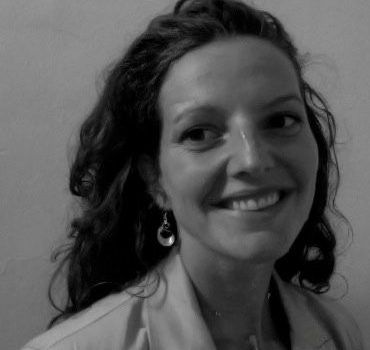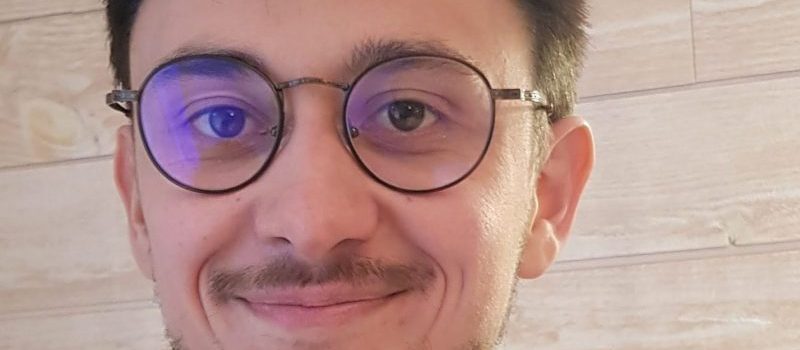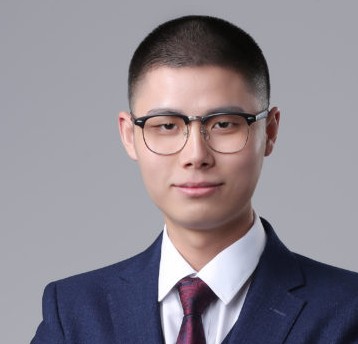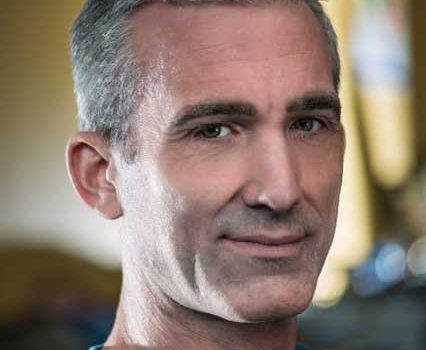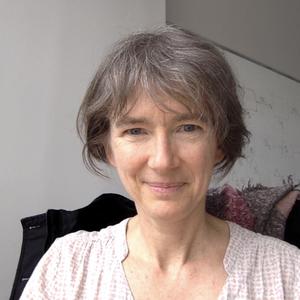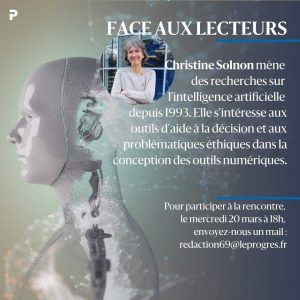The defense will take place on January 10th, 2025 at 9am in Amphi Est, Humanités Building, INSA Lyon
Title
Deployment of mobile base stations in cellular networks
Abstract
In current commercial mobile networks, we use fixed base stations (FBS) to provide services to users. However, the first step for deploying fixed base stations requires detailed studies to determine the architecture, the location of the base stations, the capacity, their configurations, etc. With the miniaturization of electronic equipment and network functions virtualization, it is now possible to attempt to embed base stations on movable platforms (e.g., drones) that are able to adjust their position when necessary.
For the ANR DEMON project that funds this thesis, the goal is to establish an adaptive mobile network with movable base stations (MBS). The MBS are thus capable of repositioning themselves to adapt to network changes in real-time. First, we need to understand what the use of MBS in mobile networks can bring to users and for telecommunication operator. Therefore, this thesis explores the advantages and limitations of using MBS in mobile networks. We progressively study the use of MBS in three scenarios: a post-disaster emergency area, an urban neighborhood, and an entire city.
In this thesis, we will show that, MBS can adjust their position in real-time based on the mobility of the users and also considering the user demand, MBS can often outperform FBS in terms of performance, with less base stations deployed. For example, when users form a group, if the MBS and FBS have the same transmit power, the MBS can quadruple the user throughput. In addition, we will highlight when the transmit power of MBS is 50 dBm lower than that of FBS, the performance can be comparable.
Traffic demand in mobile networks is evolving in time and space, when using FBS, we need to respond to the highest demand.
Thanks to the flexibility and mobility of MBS, they can be self-deployed only when needed, which reduces costs by about 20%. The use of MBS allows the concept of self-deployable network to become a reality.
Jury
* André-Luc Beylot, Professeur des Universités (ENSEEIHT), Rapporteur
* Véronique Vèque, Professeure des Universités (Université Paris Saclay), Rapporteure
* Walid Dabbous, Directeur de Recherche (Centre Inria d’Université Côte d’Azur), Examinateur
* Xavier Lagrange, Professeur des Universités (IMT Atlantique), Examinateur
* Razvan Stanica, Maître de Conférences HDR (INSA Lyon), Directeur de thèse
* Fabrice Valois, Professeur des Universités (INSA Lyon), Co-Directeur de thèse
